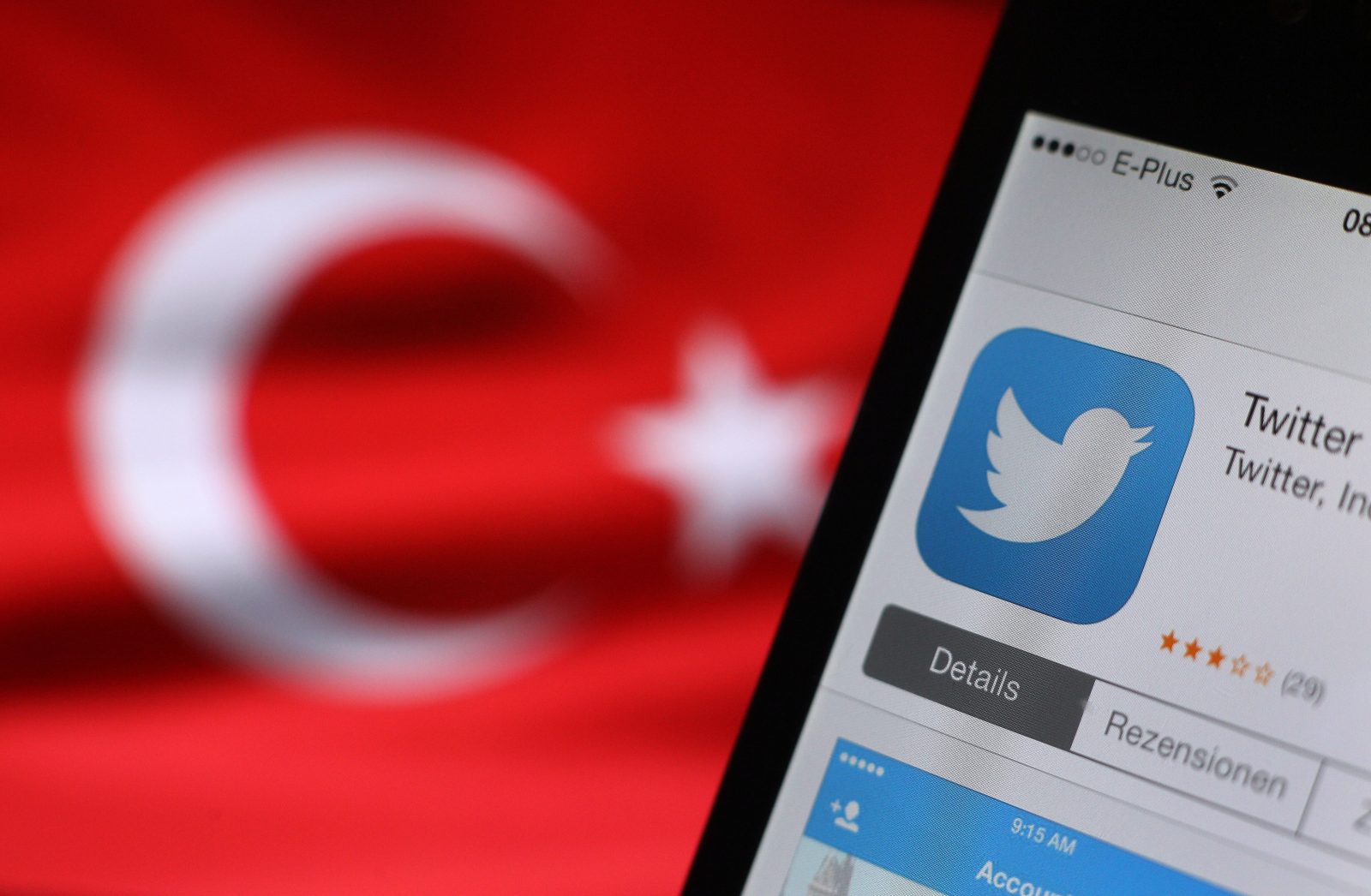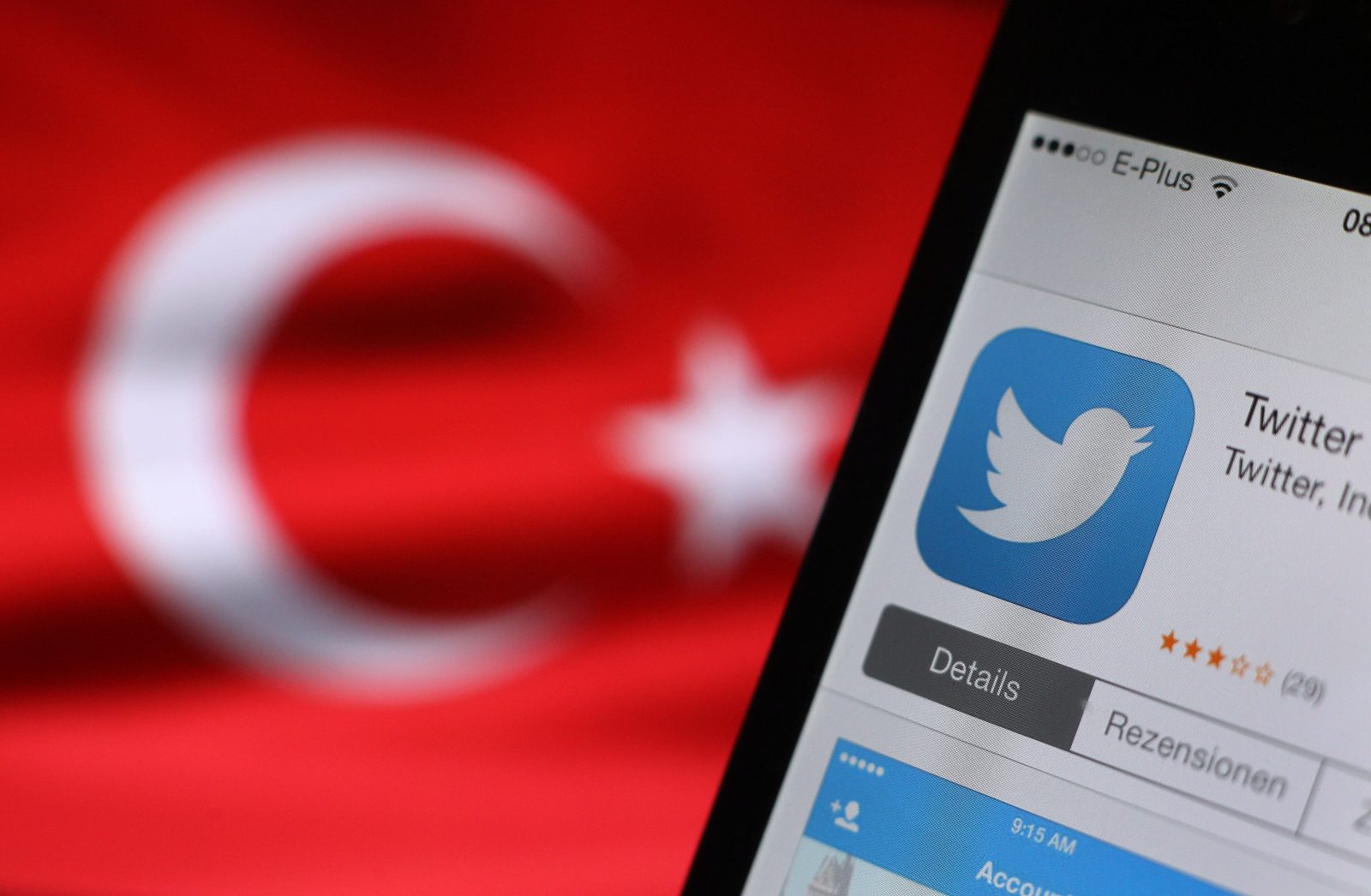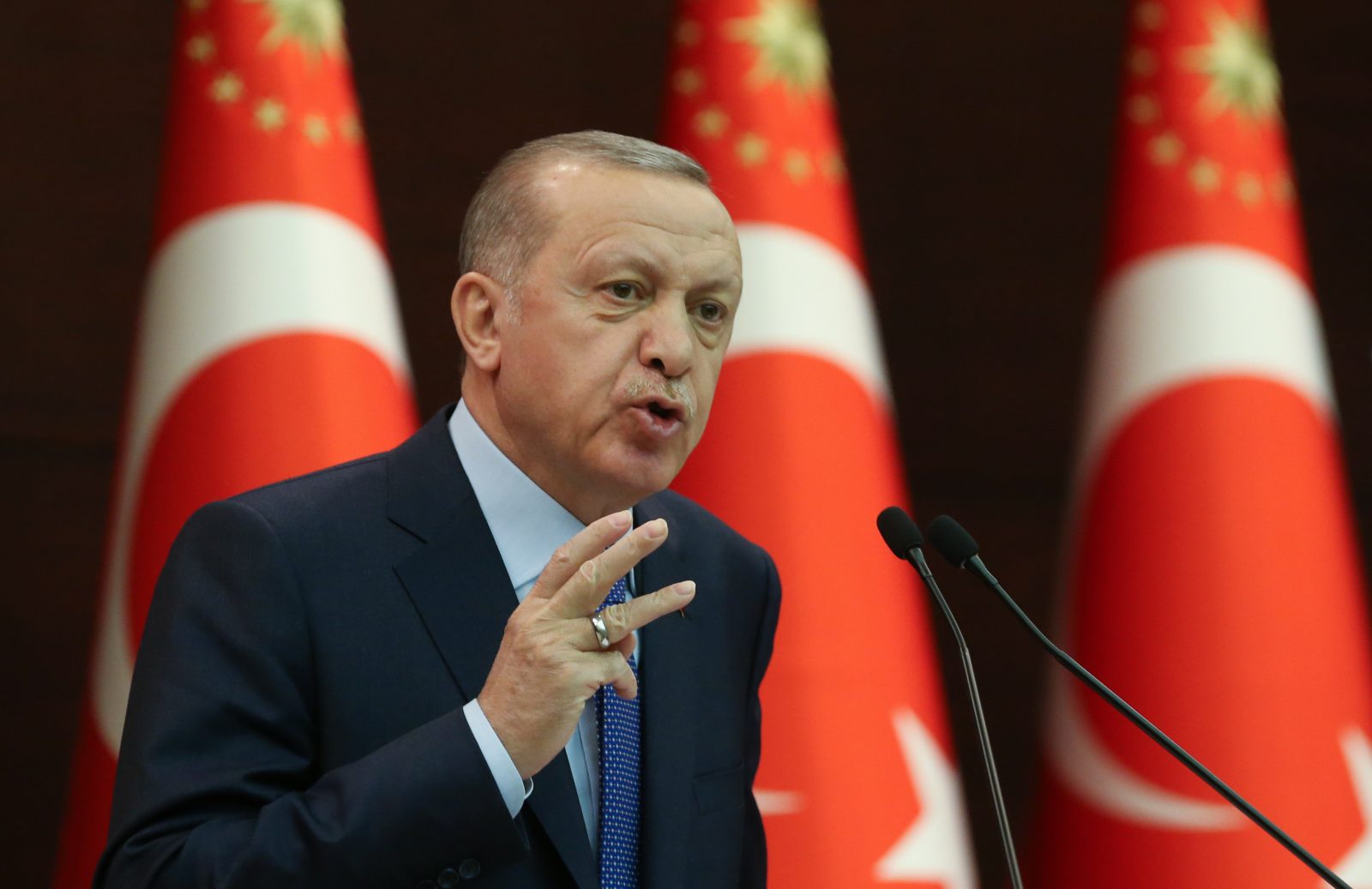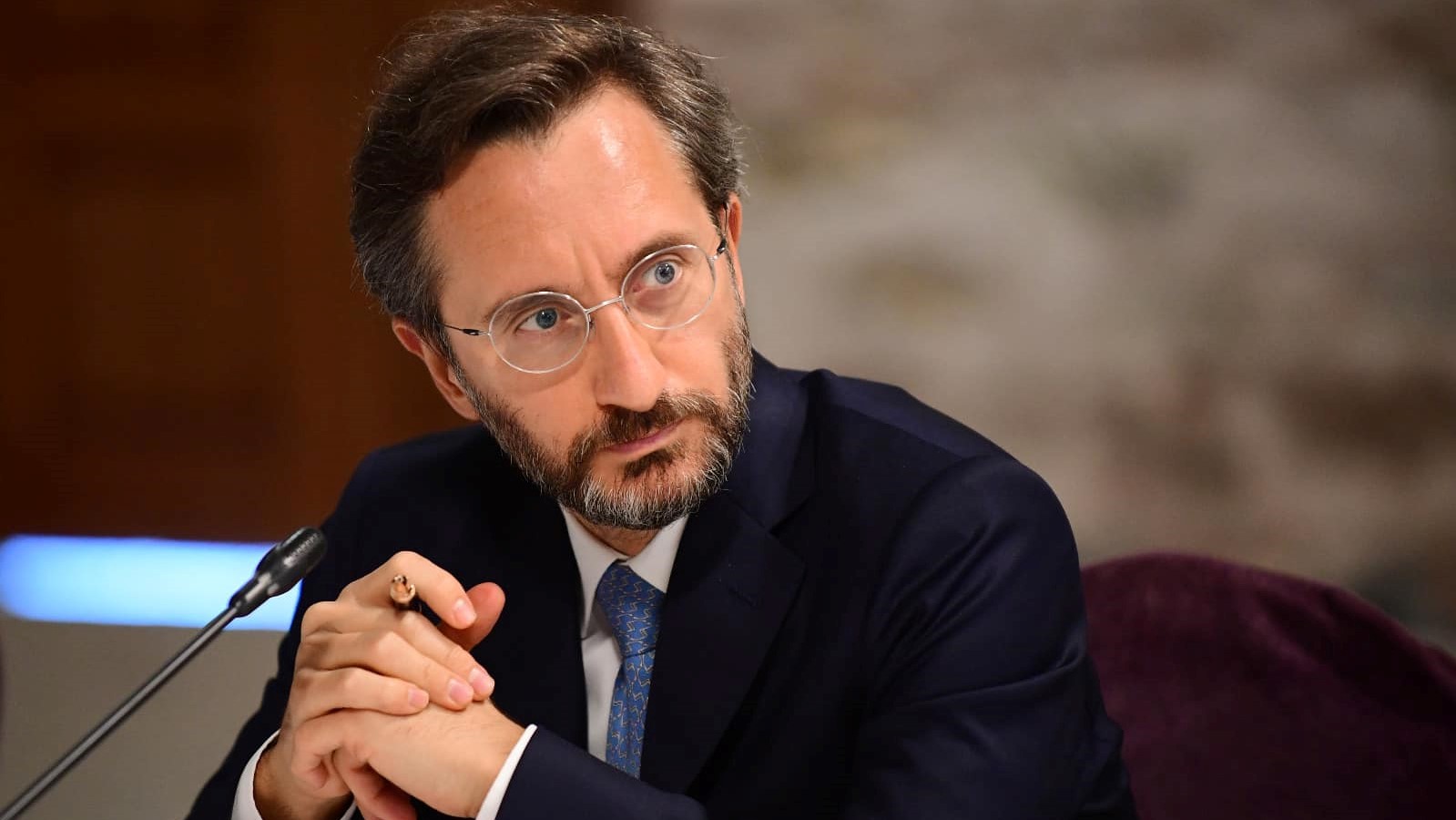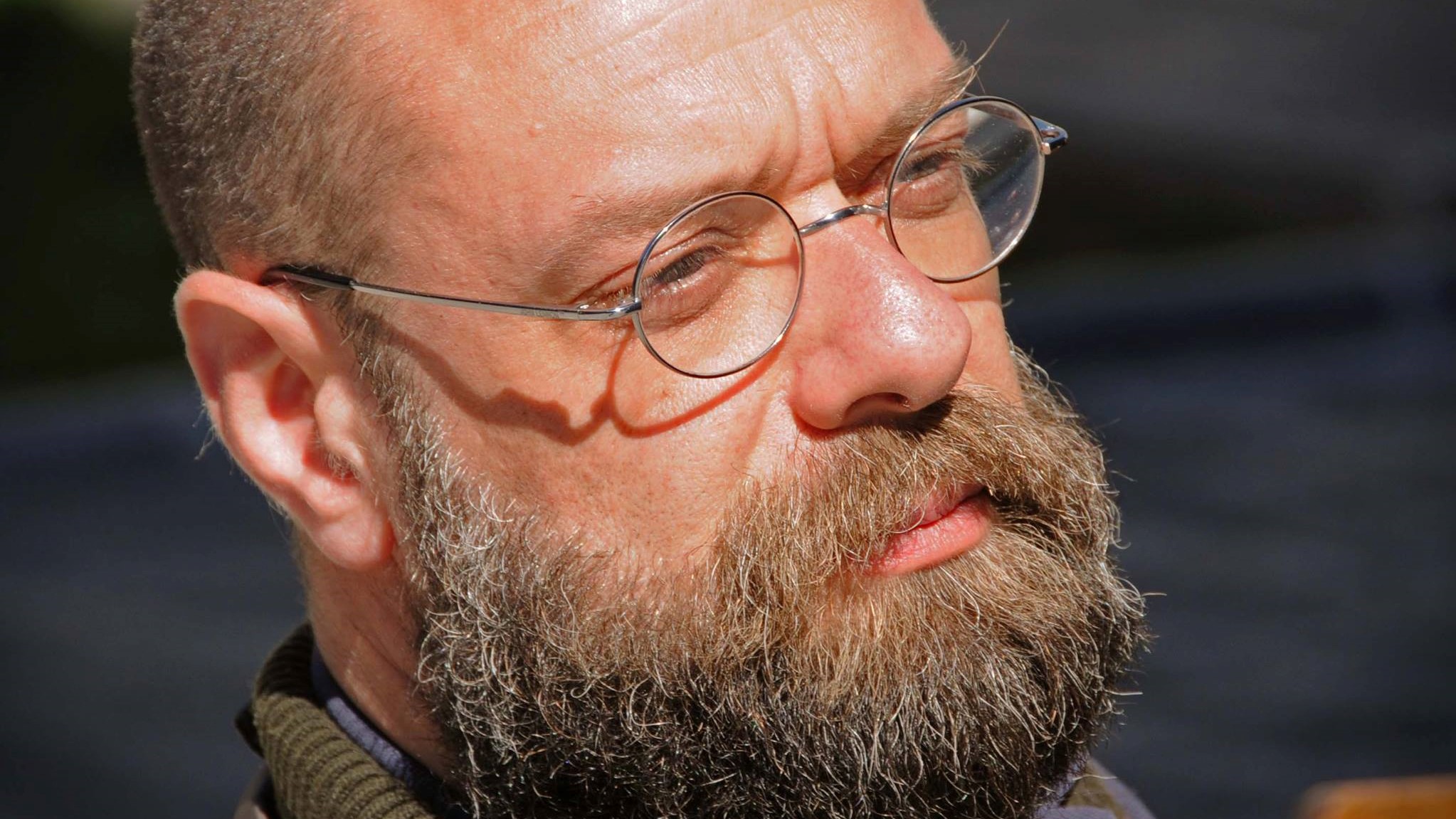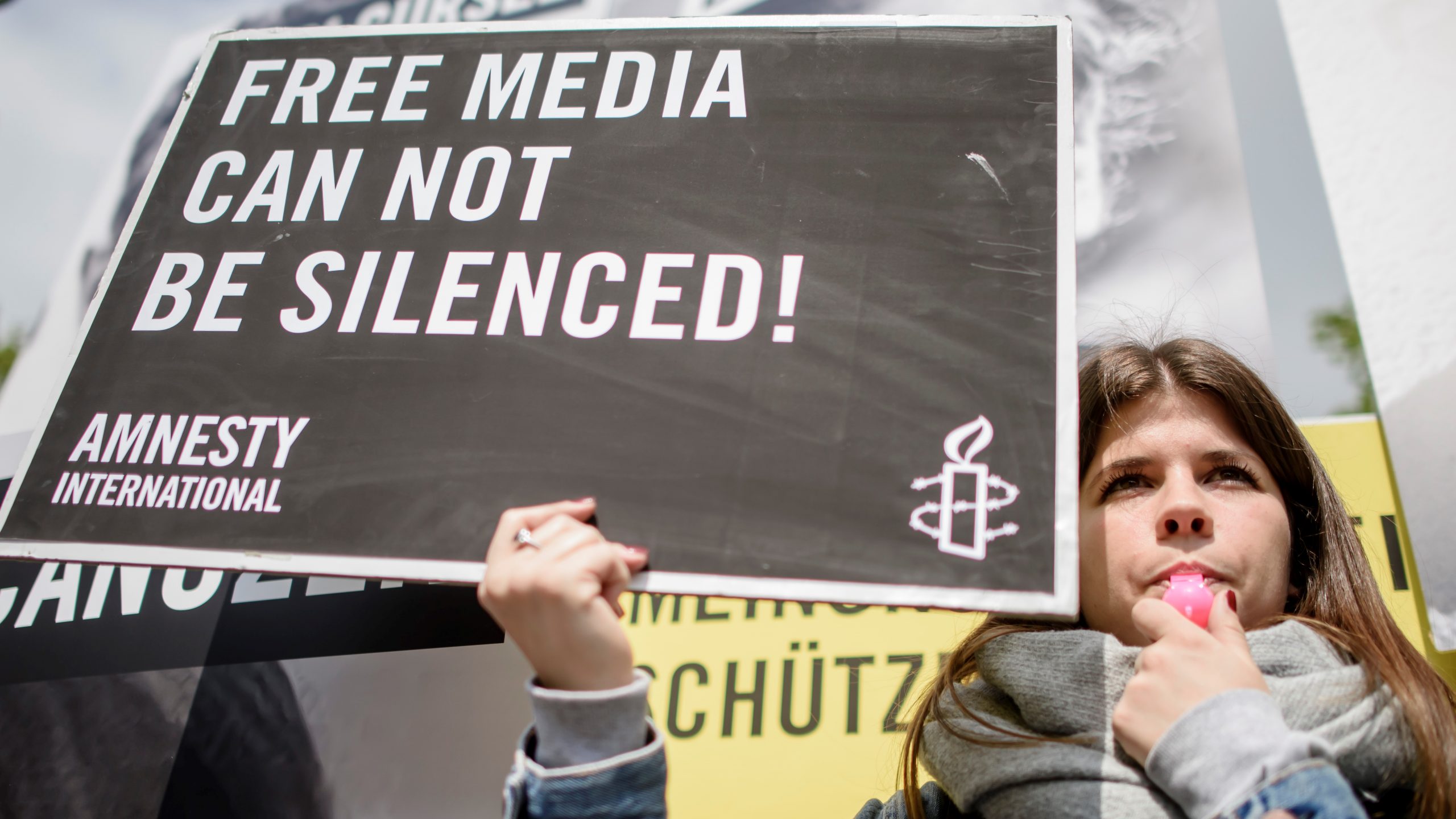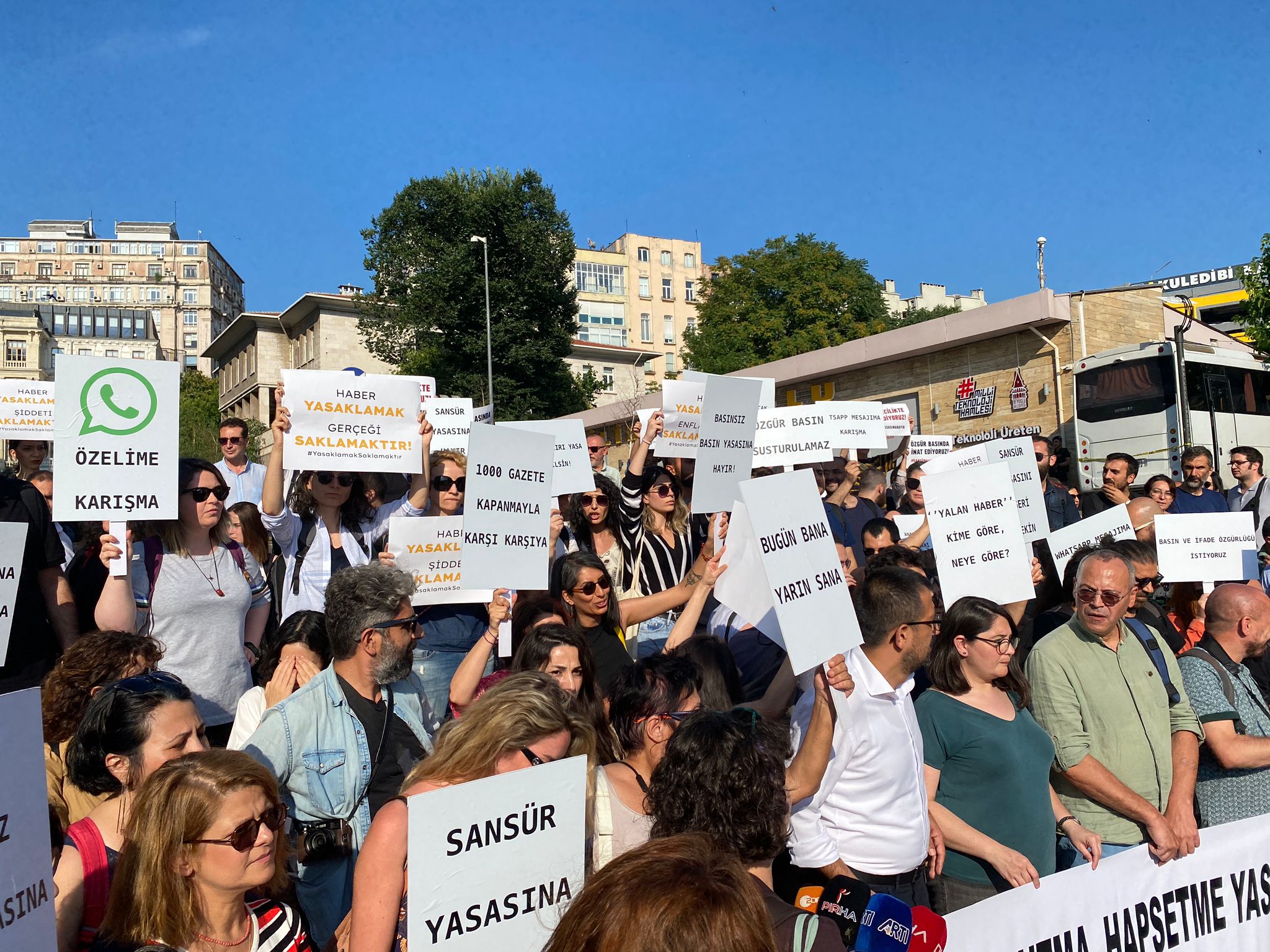Eksi Sozluk, one of Turkey’s most popular social media networks, on Thursday said it will challenge in court a government agency’s decision to block access to its website without giving any reason.
“No content was given as a basis for the decision taken by the Presidency’s Directorate for Security Affairs,” Eksi Sozluk said on Thursday and added: “We will apply all legal processes against the decision.”
Eksi Sozluk was blocked on Wednesday by decision of the Information and Communication Technologies Authority, BTK. Since then, the platform has been trying to get information about the reason.
Although no content was cited for the decision, Eksi Sozluk was told by officials at the Turkish Presidency that the decision was made because, “especially after the earthquake, false information was given about the military and state institutions, the state was shown as desperate and it was determined that posts were aiming to create an atmosphere of chaos among the society.”
Eksi Sozluk added that officials had accused the social media platform of not reacting to “wrong and slanderous content”.
The platform has been a target of pro-government media outlets due to its posts on the earthquakes that were critical about the slow and ineffective response of President Recep Tayyip Erdogan’s gpvernment.
The February 6 disaster has devastated Turkey’s south and southeastern provinces, killing more than 43,000 people and leaving millions without homes.
Critics say that President Erdogan’s government is using allegedly “slanderous” comments on the handling of the earthquake disaster to silence all criticism of its disaster management.
The government previously blocked most access to Twitter and TikTok and slowed down the internet, complaining about “misinformation”, as public anger mounted about the government’s response to the crisis.
Access to social media networks and the internet was fully restored a day later, following harsh criticism of the move. Critics accused the government of cutting off a key source of communication for relatives of victims, survivors and aid campaigners.
Eksi Sozluk is a collaborative hypertext dictionary working similarly to Reddit and it is one of the most popular Turkish social media platforms and most visited websites since 1999.

